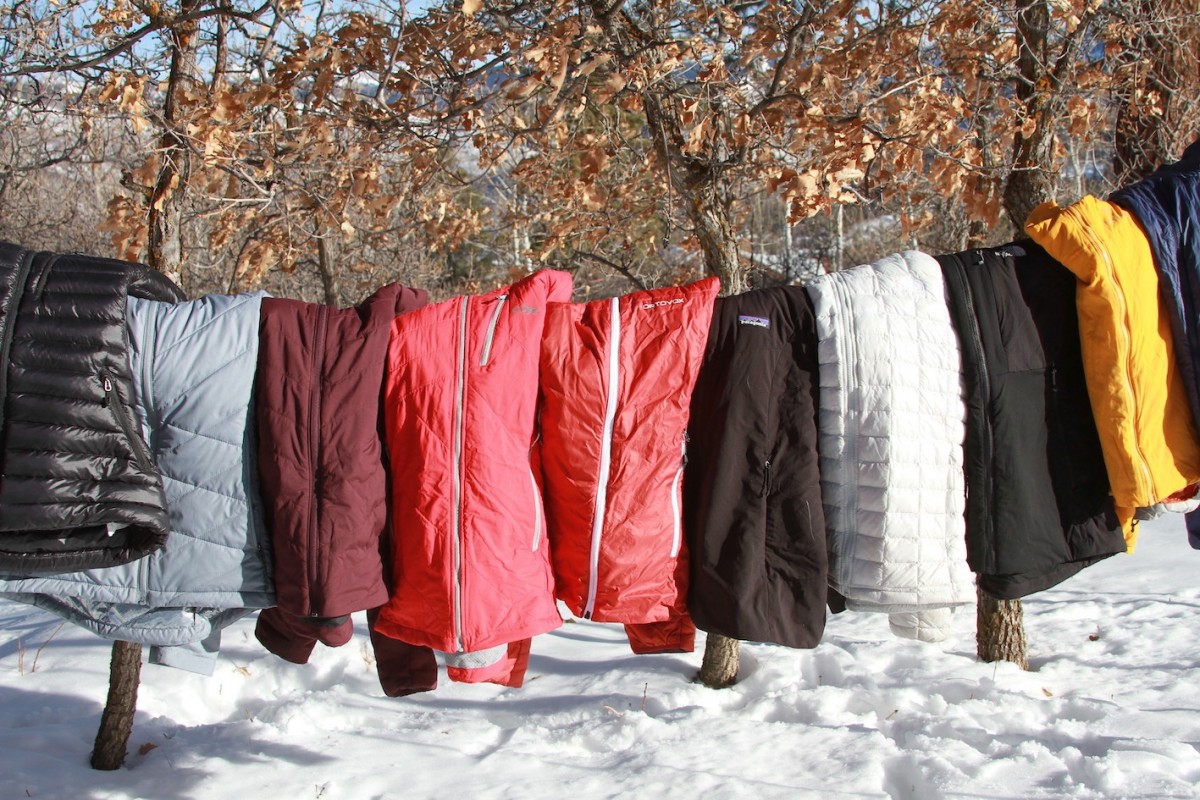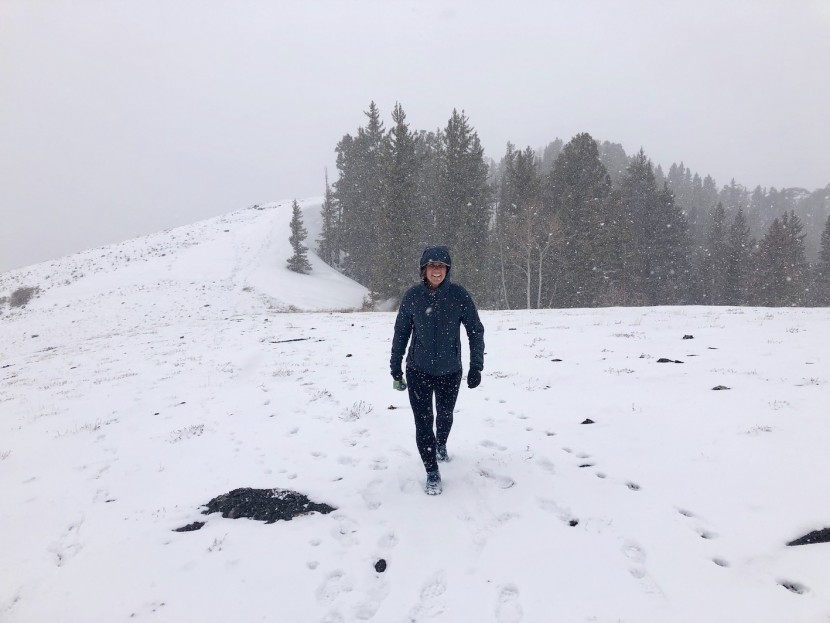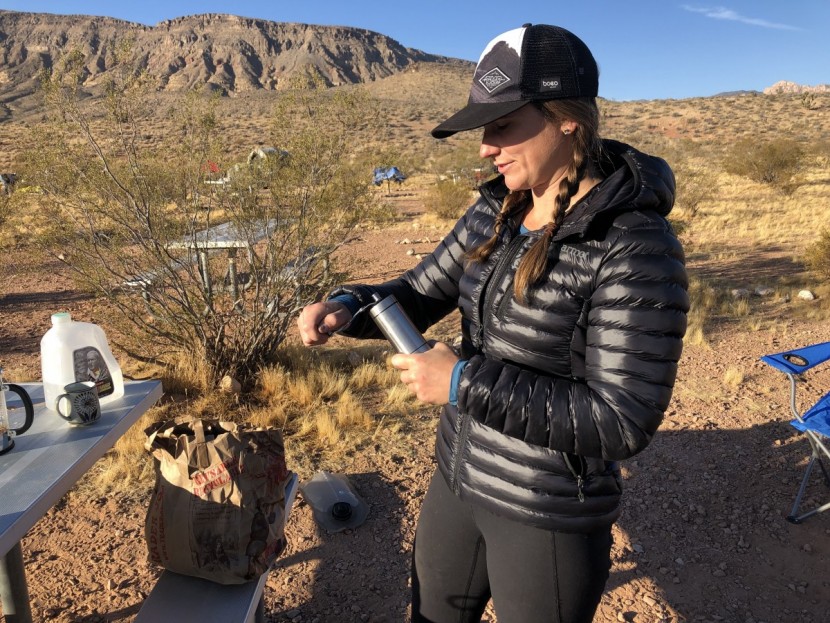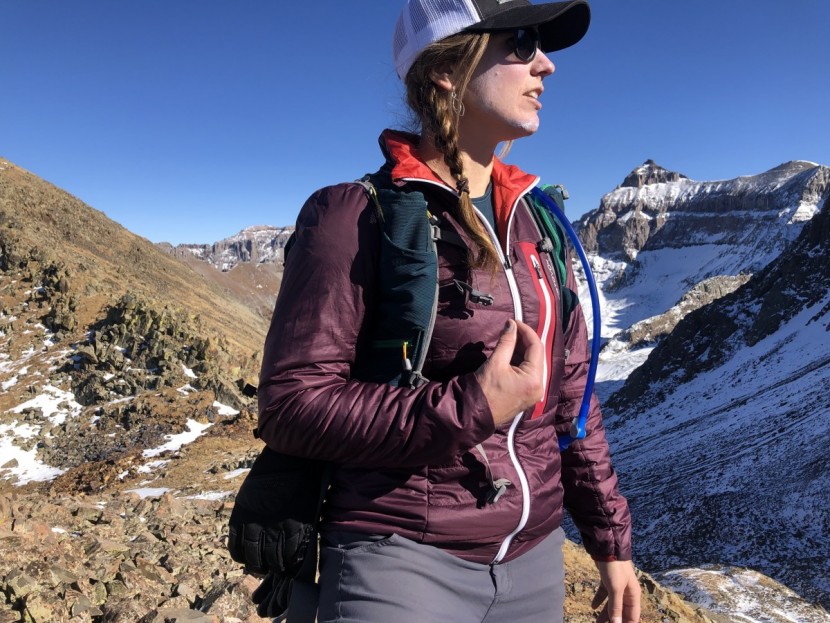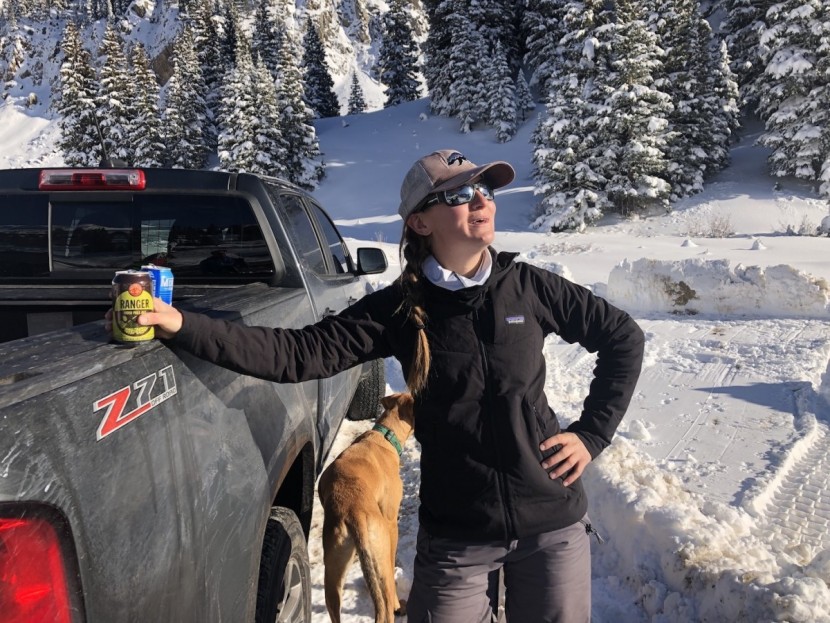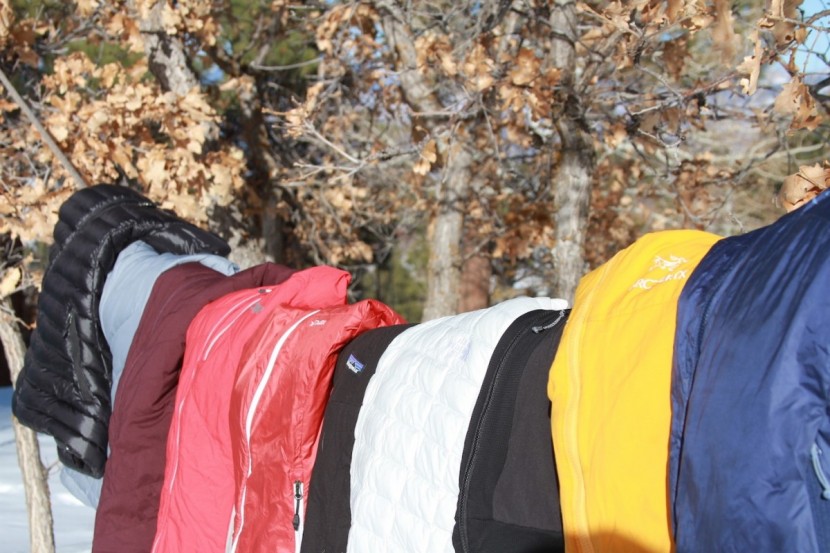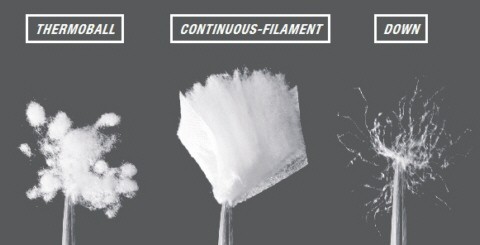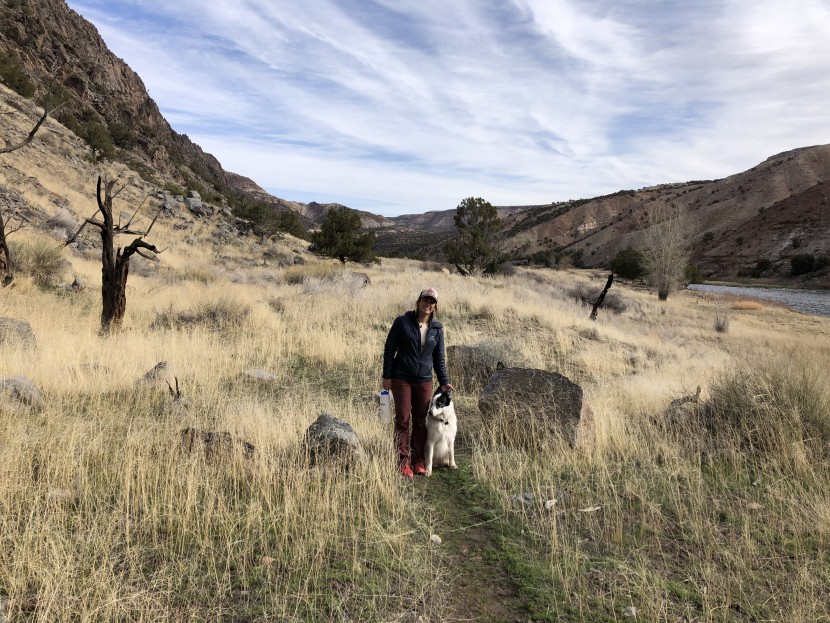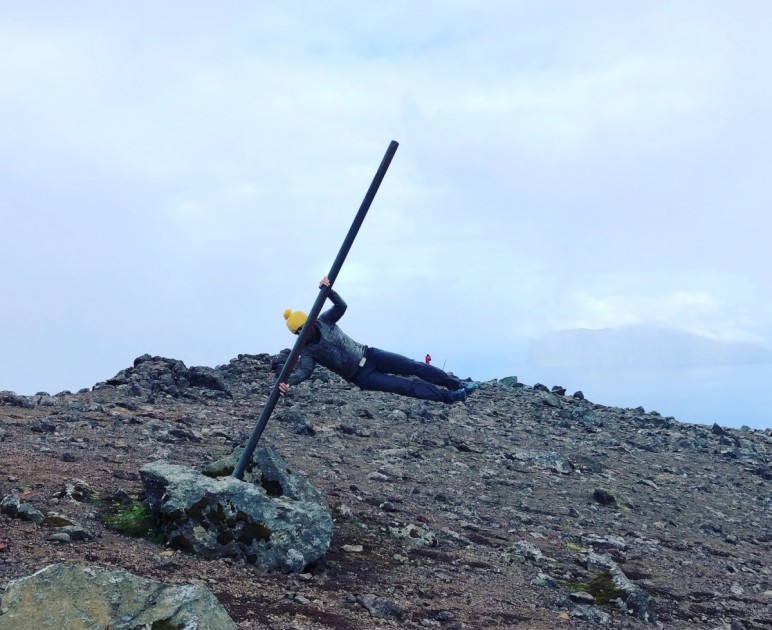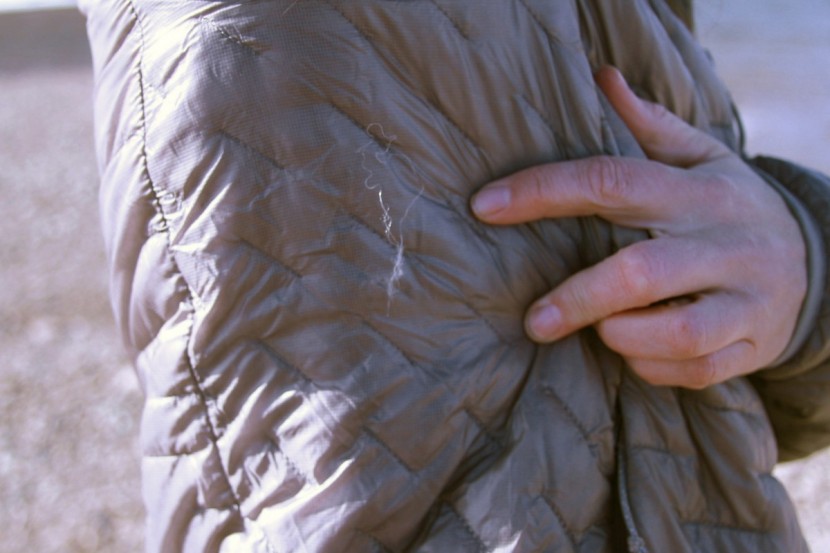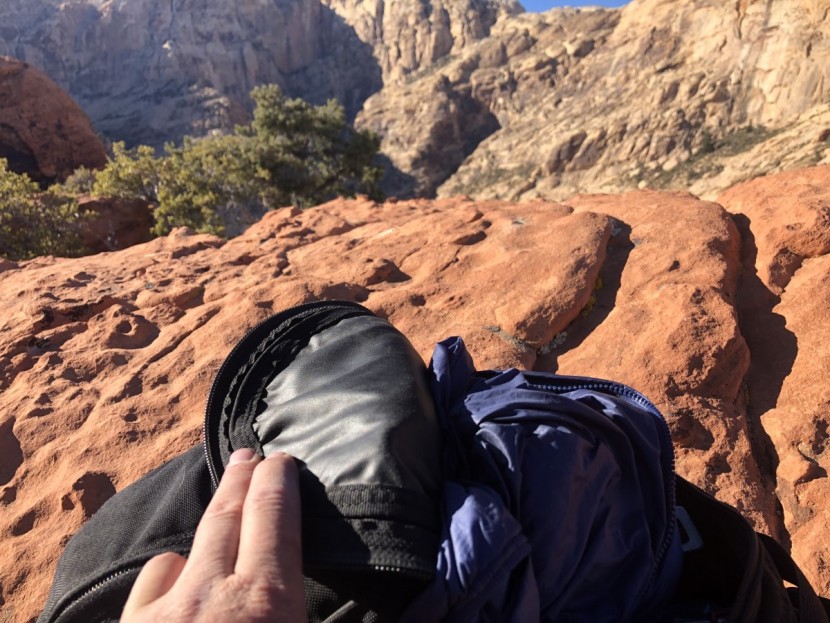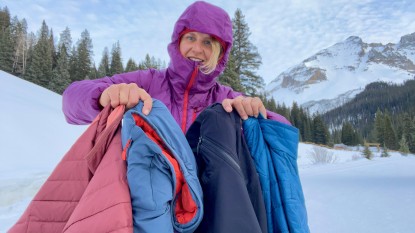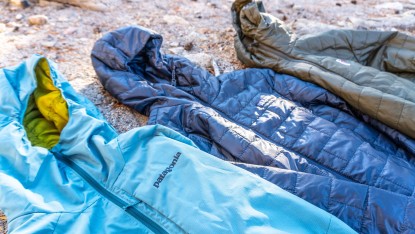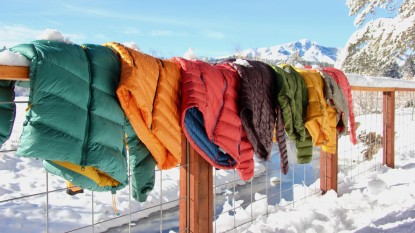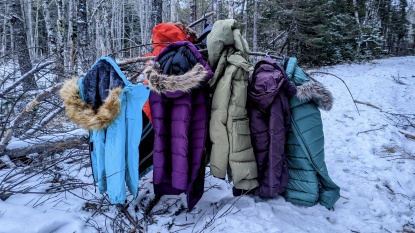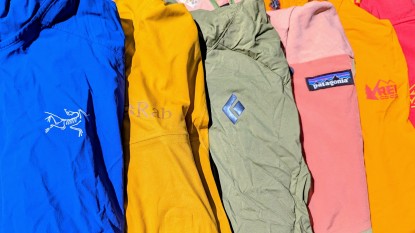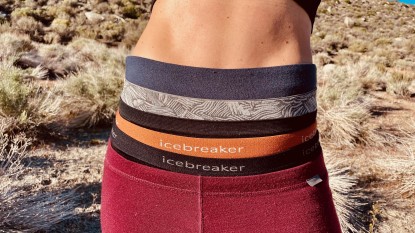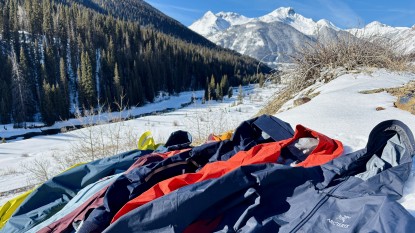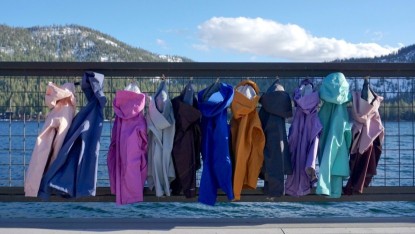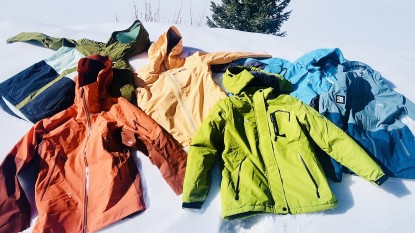An insulated jacket is a crucial piece of gear that should be a part of any girl's wardrobe. With improvements in technology, synthetic insulation is becoming warmer, and its properties allow for a variety of uses. Even though it's not traditionally as warm as down, it insulates when wet. As a result, it provides functionality in almost any type of weather. Insulated jackets are also an excellent option to layer underneath a hearty shell to add in additional weather protection.
Why Choose Synthetic Insulation?
When choosing a jacket, there are many decisions to make, but perhaps the first and most important to consider is whether to opt for synthetic or down insulation. In this review, all products are made with synthetic insulation with several notable benefits. While down insulation is traditionally loftier, more compressible, and warmer, it's not water-resistant. Down is also a little more durable than synthetic. So which do you prefer?
While there are trade-offs for both down and synthetic insulation, the big glaring difference is the performance in wet weather. Synthetic insulation will keep you warm when it's wet but down will not (unless it has fancy hydrophobic down). Down insulation, on the other hand, has traditionally featured a better warmth to compression ratio but can't insulate when wet. That said, new technological advances in synthetic insulation technology are starting to close the gap. Synthetic jackets are proving to hone all the features of down with the performance of a synthetic jacket. The only downside is that the jackets that are doing this are expensive.
Other considerations to make this decision include the durability of the insulation. Synthetic jackets are easier to take care of but don't last as long as a well-cared-for down product. Therefore, a well-cared-for product will probably keep you warmer in the long run than a synthetic product. All in all, consider what performance factors are most important to you before you choose whether to purchase down or synthetic insulation.
Budget
A good way of limiting your options is simply setting a budget. You'll be looking at spending a few hundred dollars on a really nice technical synthetic jacket, but a mid-range jacket that isn't as specialized will probably do you just as well and costs way less. Typically, the less expensive jackets in this review don't have the breathable technology as more expensive options and are thus less technical. So set your budget, then determine what you're going to be using your jacket for. From there, you'll get a much better sense of what you actually need versus what marketing will tell you that you need. All jackets in this review are awesome, but some have more specialized functions than others.
Types of Insulated Jackets
Throughout our testing process, it became clear that some of the products in this review were more alike and provided better performance than others. Based on these similarities, we have grouped them into three categories, including quilted (or baffled), continuous shell, and soft-faced (mobile) insulated options.
Quilted Jackets
These designs have varying types, and amounts of insulation stitched into baffle pods throughout the jacket. These jackets typically are compressive, based on the types of insulation used. If the jacket is thin, the stitching can be a place for wind to get through the fabric, but that is wholly dependent on the thickness of the material. Look for one of these if you seek a jacket that'll compress with a great level of warmth.
Continuous Shell
These jackets feature a water-resistant material that does not have any stitching on the face and is continuous throughout the arms and face of the jacket. The shells are typically composed of 100% nylon or a hybrid between nylon and rip-stop material. In addition, this design typically features multiple layers. These jackets are typically less breathable, but based on the type of insulation used, it can be quite awesome for compression.
Mobile Face Jackets
Some jackets have a more breathable face fabric that is softer and more porous. These are typically constructed with a continuous construction design with multiple layers in some cases. These are great for activities that are active, where you might find yourself sweating. The face-fabric is more breathable, which allows moisture to escape more rapidly. Unfortunately, these are not as wind-proof as continuous shell jackets and typically aren't as warm either. We also noticed that with these jackets, the more insulation built into their construction (meaning they are thicker), the less breathable they become.
Jacket Weight
There are three different jacket weights to consider when purchasing an insulated jacket. Here we outline key differences between the three: lightweight, midweight, heavyweight.
Lightweight
The lightest jackets offer little to no insulation and perform more as a wind-shell to block out the wind. These are great to wear during the summer, fall, or spring when light weather is in the forecast. We didn't test any of these in this review.
Midweight
This is the most popular category of a jacket. These typically feature insulation anywhere from 40 to 90 g/m^3. These are the most versatile jackets that can function through all seasons, depending on their performance and type of insulation. In the winter, these are great jackets to add underneath a shell. Or, you can wear a base layer and insulative layer to add to its warmth. Alternatively, it's a magnificent option to wear as a stand-alone piece on warmer days.
Heavyweight
These bomber warmth options are stacked with multiple liner layers and ample insulation. Functioning best as a winter jacket or warm option for standing around in cold weather, they are not a great option for warmer weather. Buy one if you're seeking a winter coat.
Types of Synthetic Insulation
What kind of insulation should you consider purchasing? While so many options out there, it's hard to say what's the best. Some insulation is lighter and more compressible while others might be warm and durable — but not as light. New advances today have also made synthetic insulation warmer than ever. Consider what you're most interested in with your insulation, then look for this in a jacket to determine what's best for you.
PrimaLoft
This is the most common type of insulation found in insulated jackets today. PrimaLoft is categorized on Gold, Silver, and Bronze ratings that differ in levels of warmth, weight, compression. This is related to the type of filamentous fiber used.
PrimaLoft Gold: This is the “creme de la creme” of the PrimaLoft family. It has the finest and highest quality fibers. It features the best water resistance, but it's expensive.
PrimaLoft Silver: A step down from the Gold category, the Silver is a more versatile synthetic with thicker fibers. It is also water-resistant, packable, and breathable, but not as warm as the Gold category.
PrimaLoft Bronze: Utilizing 60% post-consumer recycled materials, this category is not as water-resistant, is not as lofty, or as warm as the previous categories.
ThermoBall
Developed by The North Face and PrimaLoft, ThermoBall insulation offers a new spin on the typical long filaments that have dominated the synthetic insulation market. This technology uses small spheres of insulation instead of long fibers; instead of stacking on top of each other, they articulate together to create more air spaces, which provides more opportunity to pack in warmth.
PlumaFill
Revolutionizing the insulated industry is PlumaFill, a new type of insulation that features an amazing compression to warmth ratio. While it mimics the structure of down, it's still warmer than down when wet. The insulation is a combination of strands (not filaments) that are connected to lock in warmth. Because of its design, the jacket does not need traditional baffles and manages to stay warmer than other quilted contenders. We are happy with this new insulation, and we're excited to see where this goes.
Wool Insulation
Only one of the jackets tested to offer this form on insulation, but it's awesome! It provides some of the best warmth when wet, and is quite breathable. The materials are organic (not synthetic) and provide an extensive range of thermoregulation.
Other Proprietary Insulation Technologies
With so many different types of insulation out there, we could write a book about insulation. Though, the big message here is that there are many different types of insulation technology out there. For example, Arc'teryx uses Coreloft while Columbia uses Omni-Heat. All of are designed to keep you warm even when wet but have different warmth-to-weight-to-compression ratios. That said, do refer to the warmth section in the comparison chart to see how different forms of insulation stack up. In some cases, many of the proprietary insulation technologies perform at a similar level.
Shell Fabrics & Weather Protection
When looking at a jacket, consider if you want weather protection “built-in” or if you prefer layering your coat under or over a shell. An insulated jacket with better weather protection will typically have a stiffer less breathable shell and are more expensive. It is our recommendation to buy a light shell when the weather turns for the worst. This is because no insulated jacket is “waterproof”, and a shell provides a little more versatility for outdoor performance.
Water
While none of the jackets in this review are “waterproof”, many outdoors women look for an option that might stand up when unsuspected rain tears through the countryside. Many products in this review come with a durable water-resistant (DWR) coating, which will repel water in light rain or drizzle. However, over time, the DWR coating needs to be maintained, and it will never keep you dry in a downpour.
In our testing, soft-shelled face fabrics that bead during a light rain are far less water-resistant then continuous face-fabric or quilted contenders. The most water-resistant fabrics in this review are those with the Pertex Quantum, a continuous non-porous shell, and those featuring any form of rip-stop technology. If you want the ultimate level of water resistance, look for these fabrics and design.
WindIf caught in an unsuspected windstorm, a jacket that provides some form of wind resistance is key. Typically jackets with a continuous face fabric that is non-porous are the best for these situations. Breathable face fabrics provide some level of wind-resistance but are far less wind resistant than a continuous shell. Consider the Pertex Quantum shell or a polyester option if you want the best in wind resistance.
How Durable is an Insulated Jacket?
While synthetic insulation is easy to care for, it's not as durable as down. A well-cared-for down jacket will last you 10-20 years, while synthetic insulation breaks down more easily. That said, if the fabric tears on an insulated jacket, the filling remains intact. But, if a rip on a down jacket is not repaired, it could empty a baffle, meaningless warmth.
When looking at the type of jacket and its associated durability, we learned that models with a continuous face fabric design were less likely to snag while exploring in the wilderness. Also, jackets with a thicker face fabric are far more durable then jackets with a paper-thin fabric like the Patagonia Micro Puff. Overall, quilted contenders proved to be a little less durable than other types of jackets out there, though the super bomber Arc'teryx shells are some of the most durable in our testing.
Is Compression Important?
For some people, the feature of having a jacket stuff into itself is convenient, while it's irrelevant for others. For long multi-pitch rock or ice climbs, it is ideal to stuff or clip a jacket to the harness for additional warmth at belays.
If you are using your jacket for hiking or camping, the clip feature might not be important, and the compressibility is more of a consideration. For example, if you head out on a backpacking trip, it's important to stuff your jacket into your pack without to much extra bulk. Many jackets also have a stowaway system; this nifty feature is one that many don't know about. In this case, a jacket will stuff into its hand or chest pocket, which is especially wonderful when you need to put the jacket away neatly into a backpack. Loftier and quilted competitors are the most lightweight and compressible options for this purpose.
The stowaway area may be either the breast or hand pockets. Most stowaway systems have an additional accessory tag and a double-sided, or upside-down zipper, so the first step would be to look for those features. If you find them in one of the pockets, then all you need to do is flip that pocket inside out and begin stuffing the body inside. You might be able to stuff other jackets into their own pockets, but if the zipper pull isn't accessible from the outside, that's a tell a tale sign that it technically isn't designed to be stuffed.
Hood or No Hood?
While everybody has their own opinion, it's important to consider whether or not you want a jacket with a hood. There are many pros to either option. A jacket with a hood provides additional warmth in the presence of bad weather.
Most hoods in this review are helmet-compatible, making them a decent option for sports that require them. That said, many people prefer not to have a hood because it adds extra bulk. A person that plans to use their jacket more as a mid-layer, for example, might want a jacket without a hood to eliminate this additional material. Overall, hoods are all about personal opinion and the needs of the user. Decide what you will use your jacket for, then consider which is best for you.
Caring for Your Insulated Jacket
Even though insulated jackets are the “workhorse” pieces that we tend to stash and thrash, they do require specific care. Most of the shell fabrics are treated with a durable water repellent (DWR) finish that eventually will wear off. This will happen as you use it, wear it, and wash it. It's also important to wash your coat; while dirt accumulates in the insulation, this can decrease the amount of space for air pockets. As a result, a dirty jacket will be less lofty and warm; make sure you occasionally wash it so it's the warmest it can be.
Conclusion
When considering the purchase of your next insulated jacket, consider where you're going, what you're using it for, and what features you demand. There are many options out there, and there is one bound check all of your boxes.

